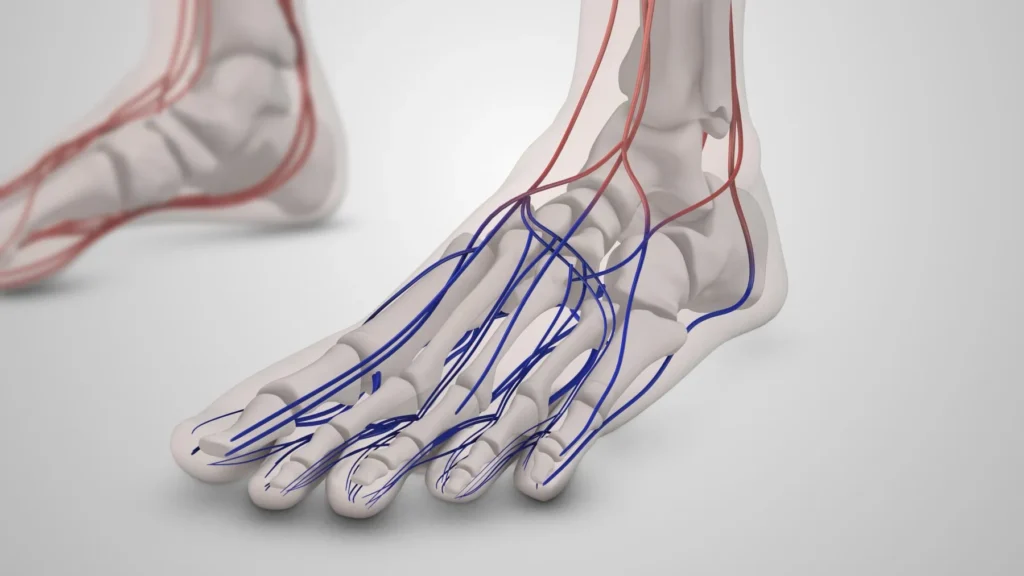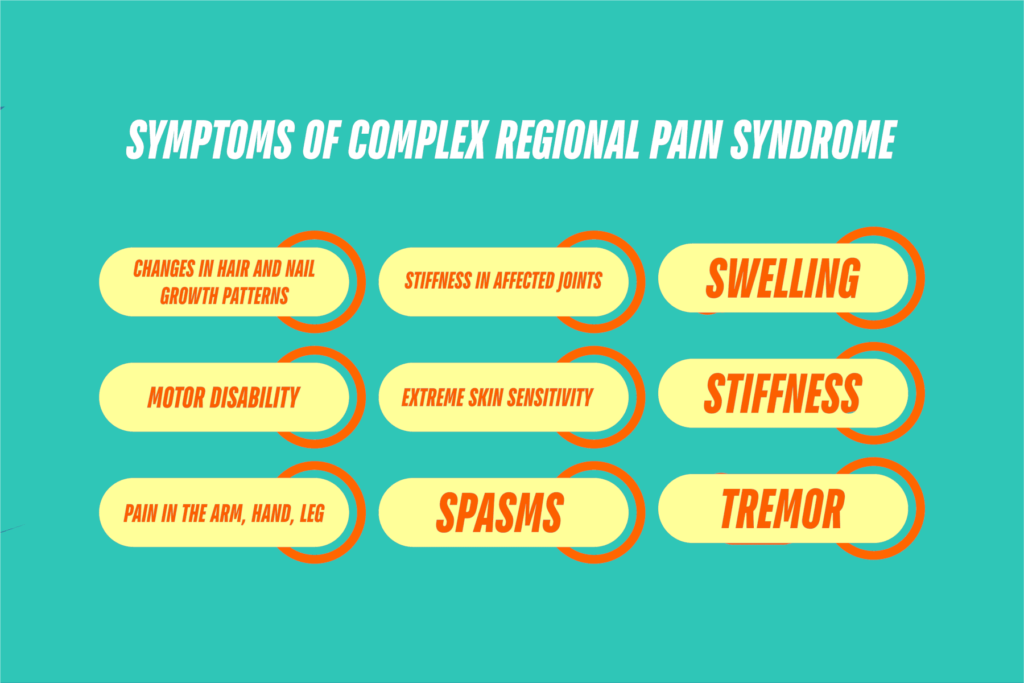
If your pain is due to injury or entrapment of one or more peripheral nerves, or from previous surgery, then there is a very high chance that we can help.
Nerve Decompression Surgery opens the tight area through which the affected nerve travels. This gives the nerve more room and allows blood to flow better in the nerve, as well as providing relief from the pressure that also detrimentally affect nerves.
Nerve Resection Surgery removes the offending nerve branch thereby removing the source of the pain, without damaging the nerves that support muscles necessary for movement.
The surgery can be performed in our Surgery Center and takes about one hour, with one hour of recovery. Many patients have noted restored sensation and reduced pain immediately after anesthesia wears off, and most patients can walk again right away.
Dr Anderson and Dr Aguila are two of a very few doctors who can address these issues and reverse the pain you have by releasing or blocking the nerves that give you your painful symptoms:
- Lower extremity neuropathy and restless legs.
- Upper extremity neuropathy.
- Chronic pain and joint pain. Avoid joint replacement surgery.
- Pain following knee replacement surgery.
- Shoulder pain following reconstructive surgeries to this area.
- Groin pain after hernia surgery.
- Pelvic Pain or Pain from Caesarian section deliveries.
- Back or neck pain.
- Avoid surgery on your spine.
- Post amputation pain.
- Complex Regional Pain Syndrome.
- Piriformis Syndrome.
- Chronic migraine headaches.
When you or other doctors have given up we can offer solutions for chronic nerve pain!!
The two diagnostic terms used for Chronic Pain are
- RSD: Reflex Sympathetic Dystrophy
- CRPS: Complex Regional Pain Syndrome, which is comprised of
- CRPS I (unknown cause)
- CRPS II (from trauma)
Both terms cause fear among doctors and hopelessness and despair among patients. They are mysterious medical conditions that often lead patients to be treated in pain clinics or told, “You just have to learn to live with it.”
The history of Chronic Pain: Have doctors been treating the smoke or the fire when it comes to your chronic pain?
- Are you tired of doctors not understanding what you are going through?
- Frustrated with pain clinics that seem like an opiate dispensary?
- Simply looking for (lasting) relief?
Then please read this! Learn how we can put out the fire and give you relief!
RSD (formerly called causalgia) and CRPS type I and II all have similar symptoms:
When there is nerve damage to a limb a message is sent to the spinal cord that causes a fight-or-flight response: norepinephrine kicks in and causes sweating, color and skin changes in addition to the nerve pain response itself.
One of the following treatments is traditionally tried:
The Old Way:
- Cortisone injections – back
- Nerve Stimulator – back
- Drug Treatments – opiates
- Living in pain – little improvement
This is like sucking smoke from the fire but not extinguishing the flames. They offer (often temporary) symptom relief but provide little chance of finding the cause and the cure.
Most doctors uniformly fail to identify and address the underlying peripheral nerve problem.
The New Way:
We determine what specific peripheral nerve has been injured. Until you find this there may be minimal improvement.
Surgically releasing the pressure on the (essentially) pinched nerve, or de-connecting or reconstructing the nerve is very successful at restoring normal function and returning the patient to a normal life. This medical specialty of peripheral nerve and nerve surgery is giving hope to many who had all but given up. Dr. Anderson and and Dr. Aguila specialize in and are helping to revolutionize medicine’s approach to chronic pain.
Don’t wait any longer! Make an appointment now
and see what can be done to help your pain!

